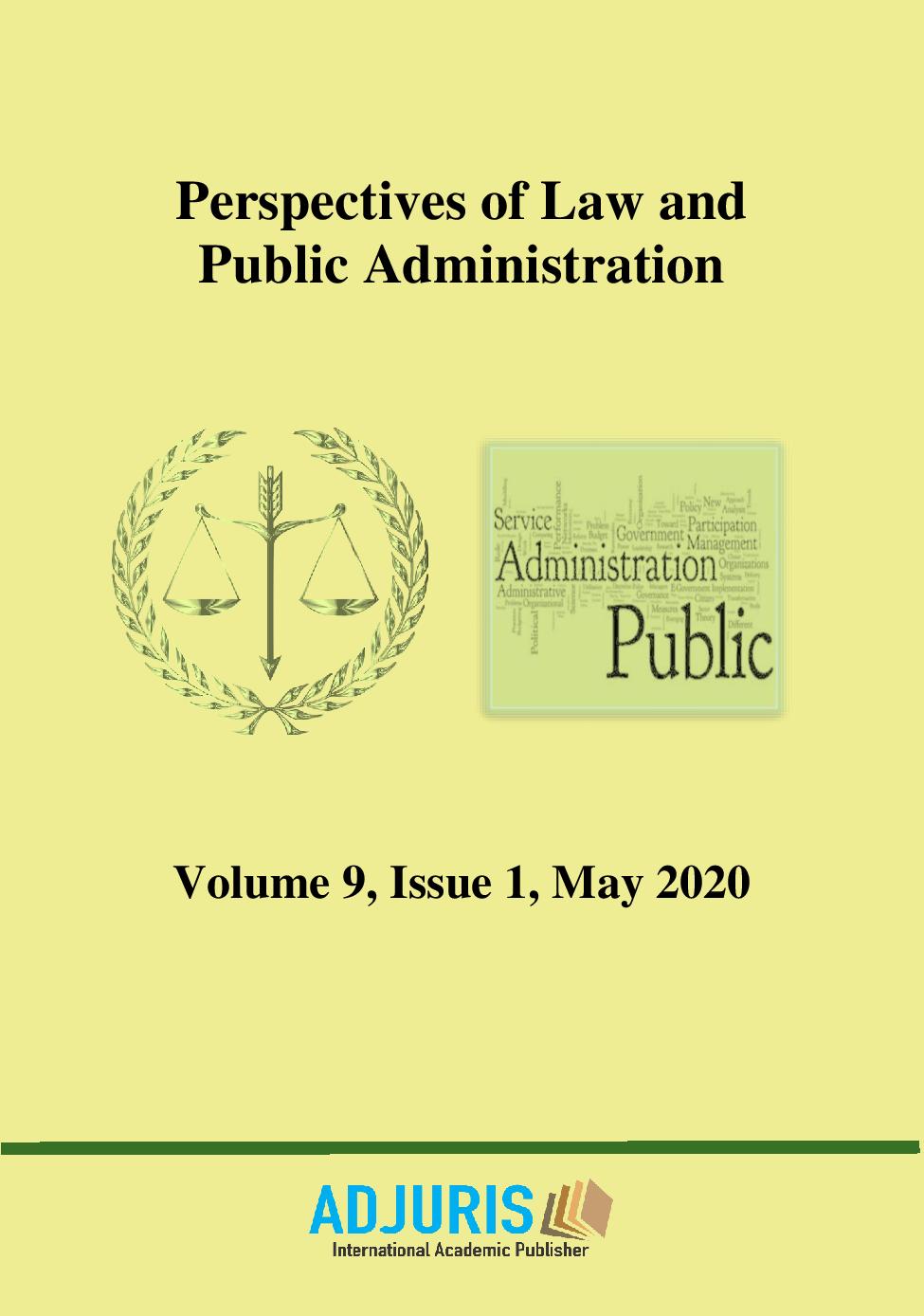MUTUAL INSURANCE COMPANY - A NEW FORM OF COMPANY IN THE LANDSCAPE OF ROMANIAN LEGAL ENTITIES
MUTUAL INSURANCE COMPANY - A NEW FORM OF COMPANY IN THE LANDSCAPE OF ROMANIAN LEGAL ENTITIES
Author(s): Vasile Nemeş, Gabriela FierbinţeanuSubject(s): Law on Economics, Commercial Law
Published by: Societatea de Stiinte Juridice si Administrative
Keywords: mutual insurance; companies; policyholders; commercial law;
Summary/Abstract: By adopting Law no. 71/2019 regarding the mutual insurance companies and for the modification and completion of some normative acts, a new category of legal persons was regulated and, implicitly, as the title of the law suggests, a new category of insurers. Our legislative system thus aligns with the European systems that have long implemented this form of society, even in the organic regulations (France, in the Insurance Code, Italy, in the Civil Code and in the Insurance Code, etc.). As a structure, the mutual society is organized and operates in the legal form of joint stock companies, presenting certain features that configure its autonomy and substantiate its existence. Mutual insurance companies are designed as alternatives to traditional insurance companies whose main purpose is to facilitate access to insurance activities and the involvement of policyholders in the management process of the company. The members acquire a double quality, of associates of the mutual society and of insured persons, consumers of the insurance products that their own society practices. The contributions of the associates, as equivalent to the specific contributions of the companies, contribute to the formation of the mutual society's fund, but also have the legal nature of the insurance premiums, as a price of the insurance products they benefit from. From this perspective, the main advantage of the mutual insurance company is that prudent and fair management (in which the insured are involved, including the double insured), exempts the insured from subsequent contributions (premium payments), especially in those areas where the damage rate is low, such as professional insurance. The mutual insurance company thus presents itself as a true vehicle for capitalizing on the insurance portfolio and a real competitor of the profile companies, ensuring the transparency of insurance operations and the participation of policyholders in the efficient use of the company's resources.
Journal: Perspectives of Law and Public Administration
- Issue Year: 9/2020
- Issue No: 1
- Page Range: 117-123
- Page Count: 7
- Language: English

